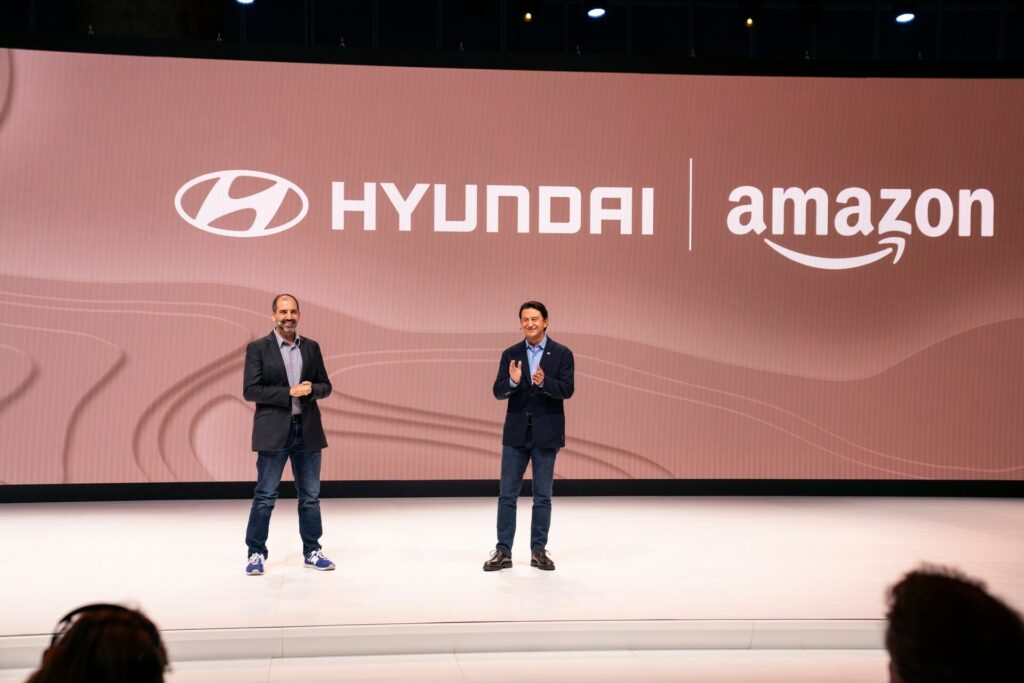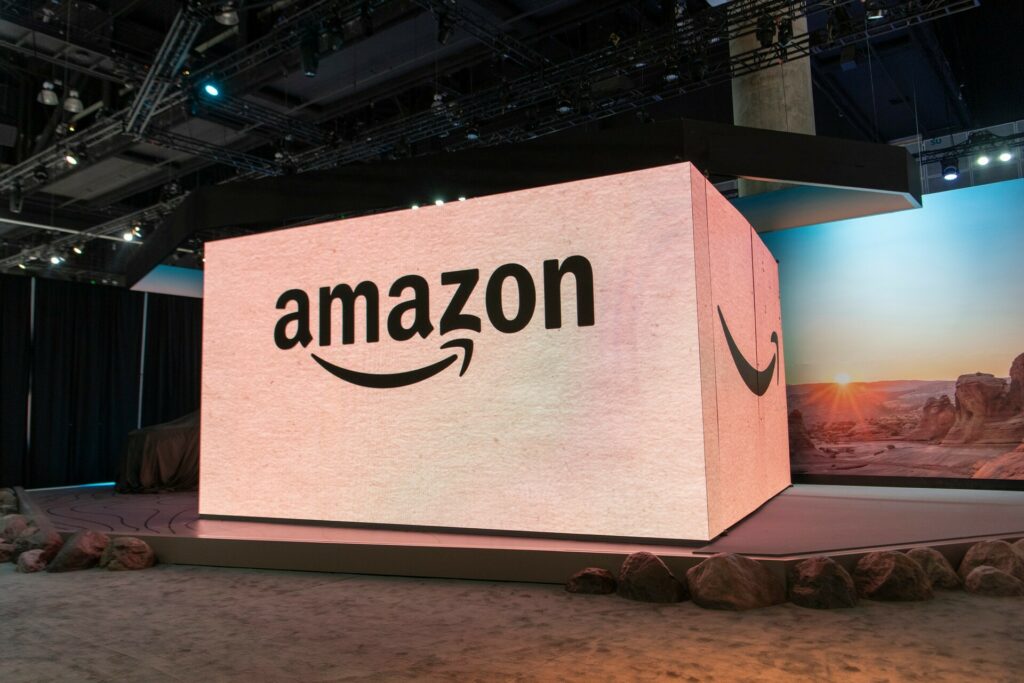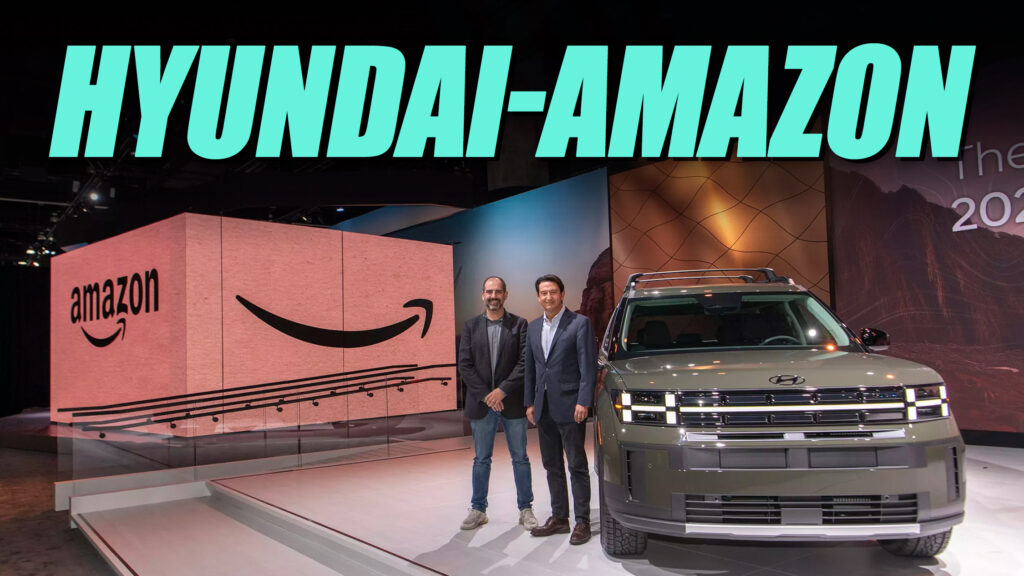- Industry experts believe dealerships will continue to play an important role in the car buying process.
- Amazon and Hyundai need to nail the customer experience to make the program a success.
It’s been almost a year since Hyundai and Amazon announced a partnership to sell cars online, but dealers are growing frustrated with the slow roll-out of the program and believe improvements need to be made to the pilot.
While recently speaking about the tie-up between the two, National Automobile Dealers Association chief executive Mike Stanton said NADA is working with lawyers from Amazon and Hyundai to make sure everything is consistent with state automotive franchise laws. He also underlined the importance of delivering an excellent customer experience.
Read: Hyundai-Amazon Deal Worries Dealers Who Fear Shift To Direct-Sales Model
“Amazon announced this about a year ago and they’re still not out of pilot,” he said. “What I am hearing right now is that the dealers are frustrated. They’re not there yet with the agreement. It appears to be another digital retailing tool at the moment and probably not top tier. They still haven’t set up a situation where the dealer can deal with multiple banks or work on trades, so I think more will come.”
Stanton also questioned how many people will purchase vehicles off Amazon, noting that buying a car is much more involved than the products typically sold through the online retailer.
“I don’t think I am going to go over and buy a car after I buy my toothpaste,” he told attendees at the recent Automotive News Congress in Michigan.

Hall Automotive Group chief financial officer Eddie Hall III echoed this sentiment, saying he sees Amazon as one of just many options to purchase a car, noting that dealerships remain important.
“By and large, customers are still going to want to come in to see a car,” he said. “But there is a lot of opportunity for us to kind of evolve and simplify.”
Hyundai and Amazon started testing the partnership through 18 dealers in select markets earlier this year, including in areas such as Los Angeles, Atlanta, Seattle, Denver, and New York.




